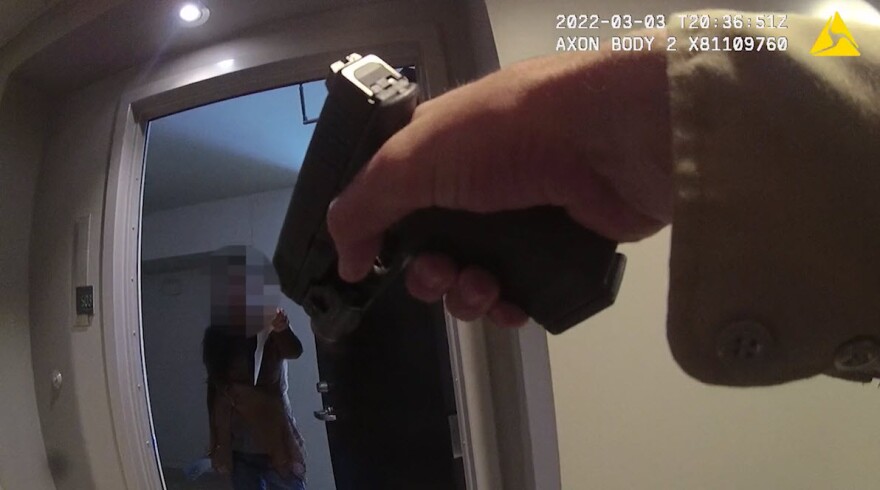The shooting death of Little Italy resident Yan Li by law enforcement early last month has been criticized by both community members and law enforcement experts.
The incident, which began after the Sheriff's department served an eviction notice, escalated when Deputy Jason Bunch saw that Li was holding a kitchen knife at her side. Within 12 seconds of Li opening her front door, Bunch was threatening to shoot her and called for backup.
A new story by The San Diego Union-Tribune Watchdog reporter Lyndsay Winkley is shedding light on who Li was and what led to her death.
Family members told the Union-Tribune that Yan Li, a Yale-educated biostatistician, had been diagnosed with a mental health disorder.
Winkley said Li's neighbor James Dean said he was aware the eviction was being served and also aware of her medical condition.
RELATED: San Diego law enforcement criticized over deadly shooting at Little Italy condo
"He went to Li’s unit and tried to talk with the deputies outside her front door. He said he told them Li had a mental health condition and that they needed to call for a Psychiatric Emergency Response Team," Winkley wrote.
It is unclear whether the Psychiatric Emergency Response Team was called to the scene. Dispatch records indicate that no units were available at the time of Li's death, Winkley reports.
About an hour after the eviction notice was served, officers stormed into Li's apartment. She charged them with the knife, reportedly stabbing an officer with San Diego's K-9 unit, before she was fatally shot.
Winkley joined Midday Edition on Tuesday with new details on the story.









